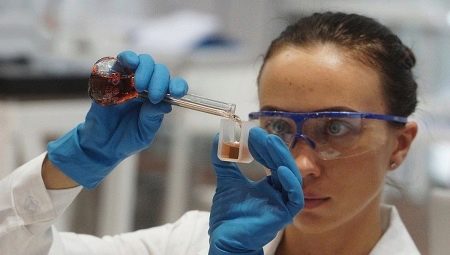In modern reality, there are many professions, and among them are quite rare and unusual occupations. Despite the flows of information received, few of the computer fans surveyed will answer the question of who the biophysicist is. It can be assumed that he is dealing with living forms, but then what does physics have to do with it? Let's try to figure it out.
Features
There are specialties necessary to maintain virtual reality - they work on the World Wide Web. There are also professions that study the world around us, the human body, the cosmos, and the creations of the human mind. Biology is busy studying the life of all forms of life - processes, interactions, relationships, development and distribution on the planet. Physics is a science that studies the laws of nature, simple and complex, structure, motion, aspects of the existence of matter.
The development of human knowledge over time forced to create other sections of science, created back in the period of ancient civilizations, primitive knowledge obtained with the help of subjective observations and simple instruments. The gradual improvement of the equipment, the accumulated amount of information paved the way for previously unknown laws, facts, and laws requiring systematization and generalization. Hence the new sections in the general sciences, which over time acquired the character of a separate industry, but by inertia were still considered sections of this field of human knowledge.
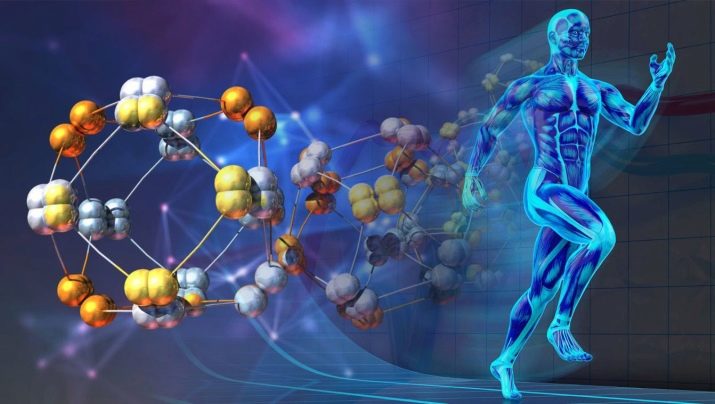
You can roughly imagine what a biophysicist does, using a general definition - he studies the biological level of organization of matter and energy, more precisely, how the laws of physics act on them.
His profession will not become a less abstract concept for someone who does not engage in biology or physics. UNESCO, compiling its nomenclature to attribute dissertations and monumental scientific research to a specific, specialized topic, awarded biophysics the title of section of biology.
Entire arrays of accumulated knowledge have long appeared, which cannot be unconditionally attributed to only one science, hence the numerous branches: biophysics, biochemistry, mathematical physics. The more humanity learns, the wider the horizon opens, and the more difficult it is to distinguish between what knowledge belongs to which industry.

Biophysics now has three basic definitions, and in order to answer the question about the nature of a scientist’s activity or practice, one has to carefully study which one he refers to.
- If taken for granted that this is a branch of biology, then he studies wildlife. It is both cells, and molecules, and the body as a whole, and even the planet’s biosphere. He probably conducts observations and experiments, summarizes his and other people's knowledge to determine the directions of further research. For this, it is possible and necessary to work with natural components, scientific literature, instruments and reagents.
- If we mean biophysics as a branch of mathematical physics, the goal of research is still biological objects, but for this we need the prevailing knowledge in the field of modern mathematics, and information on biology will not hurt. Because this biophysicist considers his objects as complex nonlinear physical systems that simultaneously carry out complex processes of life.
- The simplest and most interesting definition of this science is the study of physical processes in biology objects in order to reveal the relationship between physical mechanisms and their biological characteristics.
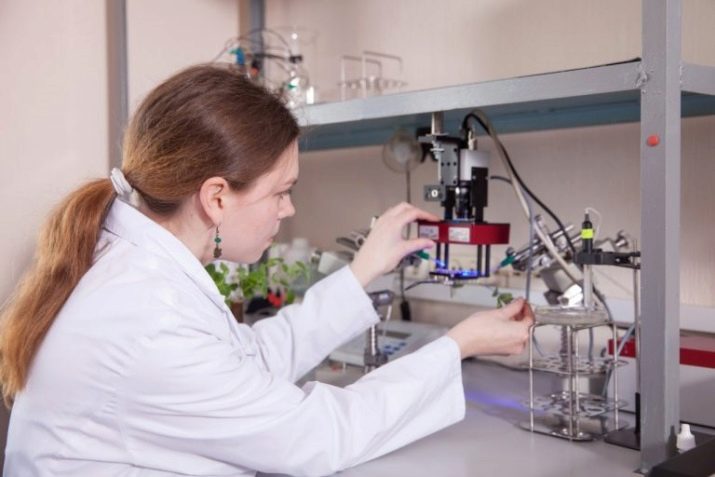
It became clearer after this only that this is a specialty of a scientist, accessible to people who are able to make logical conclusions based on the data obtained. At the same time, he must be able to work with reagents, devices, and technical means of observation. Do not forget about creative thinking, focus on your work and the desire to discover new and unknown. If there are character traits that impede work, one won’t be able to advance in this area, gain fame and even achieve any tangible career growth.
Deans and rectors in such cases streamline to applicants that everything depends on the equipment and prestige of a scientific or industrial institution.
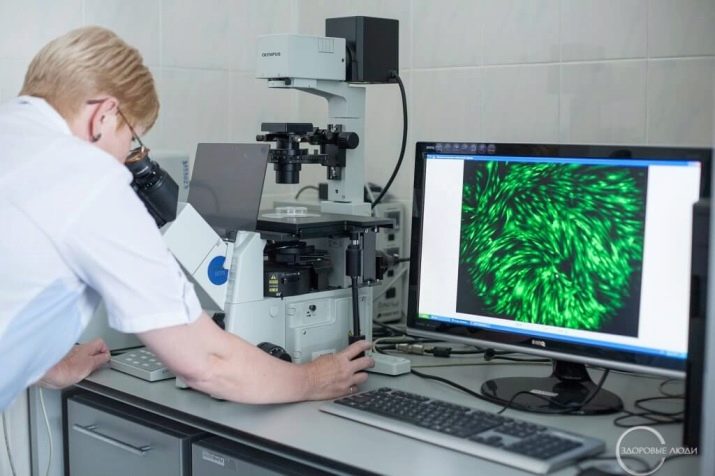
Responsibilities
A student choosing this modern profession should not only have knowledge in physics, mathematics and biology, but also elementary skills in performing work in the laboratory. His difficulties do not end there - he must expand his existing knowledge and combine it in his memory with new knowledge obtained at lectures or independently. A biophysicist student must clearly determine during his studies what he wants to work with, because although biophysics is listed in the departments of mathematics and biology, it is already a whole science, with its own subsections and categories.
The responsibilities of bioacoustics, biooptics, a specialist in medical physics or psychophysics, biorhythmology, bioenergetics are identical at first glance - study, experiments, generalization, scientific conclusions. The profession assumes accurate results, on which much usually depends, deep knowledge of several subjects at once.
Biophysics has a future, because it is she who develops nanotechnology, studies the physics of biological structures, photobiology, seeks ways to solve medical problems through mathematical modeling, gene modification.
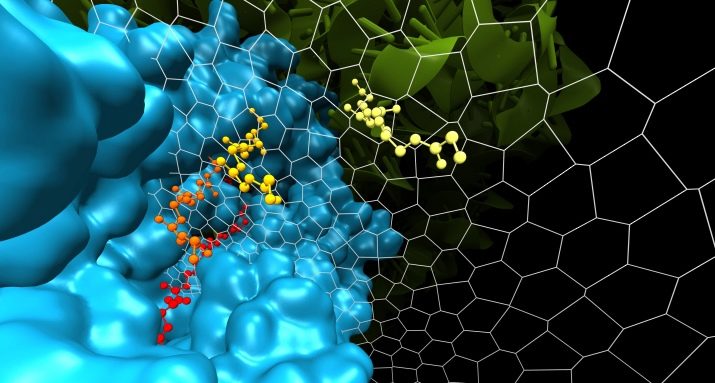
It is clear that the responsibilities of a specialist who is involved in molecular biophysics, quantum, applied, metabolic, medical, theoretical, biophysics of complex systems or habitats will be different. Before a person who has chosen this specialty, there are only two ways.
- Research in a selected field - observations, experiments, new theoretical knowledge, work and conclusions for obtaining scientific degrees (secondarily), and for promoting new, super-progressive technologies. The fields of application are countless, there are few human knowledge, and for the next couple of centuries there is boundless scope for research.
- Teaching activities - those who have great knowledge and can express them in a simple, accessible form to newly emerging adherents of developing science turn to it. There are people who manage to combine promotion along two paths, but they are less likely to make epoch-making discoveries, although they perform their hard work. But, thanks to communication with young enthusiasts, they also move science, selecting the most valuable personnel for research and creating entire scientific schools.
There is a third way after gaining a profession - to do administrative work, move up the career ladder, and manage scientific and educational institutions. The value of such a biophysicist is qualities that can ensure the work of researchers and enthusiasts, while understanding what they need and how to provide them all with this. It is difficult to do without such people, and those who do not want to engage in painstaking experiments or communicate with numerous students can choose this path.

Knowledge and skills
Reading Schrödinger, who was at the forefront of modern biophysics, it can already be assumed how vast knowledge should be even among representatives of a narrow industry. He raised only a few problems in his work “What is life from the point of view of physics”. From that moment, the army of scientists of many thousands gathered new grains of knowledge, made global discoveries and epoch-making conclusions.
A biophysicist must know and be able to:
- chemistry and physics, biology, physical chemistry, mathematics, including modern applied, as general sciences;
- individual branches of medicine, space research, mathematical modeling, nanobiology, etc., which will be useful to him in the chosen industry;
- explore biological objects and engage in precise experimental methods such as spectral, diffraction, isotopic methods;
- to have a speech to explain what was received by colleagues or students, and a pen (computer keyboard) to put it all on paper to summarize the results of their work.
This is only a small list of general requirements, the rest will be added as soon as the student decides on the area of biophysics that attracts him the most. And there will be added new volumes of knowledge, research methods, practical skills.
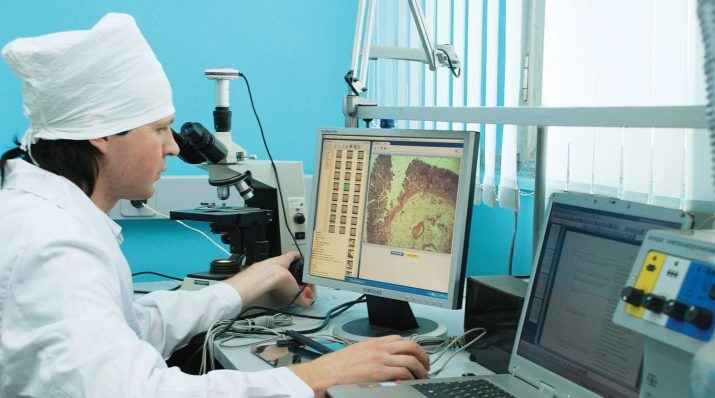
Training
In Russia, an extensive list of universities in which you can get a popular specialty. Only in Moscow you can count a dozen, among them - the First Medical Institute. I.M.Sechenova, Moscow Engineering Physics Institute, PhysTech, now called State University, Moscow State Academy of Veterinary Medicine and Biotechnology, Baumanka (N.E. Bauman State Technical University), Russian NIIMU im. N.I. Pirogova.
In the Northern capital there are at least five universities where you can get such a profession - State Pediatric Medical University, University of Space Instrumentation, University of Telecommunications. Three educational institutions in Kazan, two in Nizhny Novgorod, one each in Yekaterinburg, Chelyabinsk, Omsk, Samara, Rostov-on-Don, Krasnoyarsk, Krasnodar, Volgograd, Orenburg, Ryazan, Belgorod.
The list of subjects that need to be taken at the exam and in a higher educational institution depends on the specialization of the chosen university, the industry that is preferred, and the faculty you aspire to enter. For example, in the medical field you will have to take physics as a profile exam, and chemistry chemistry, biology, mathematics, and computer science are offered as additional ones.
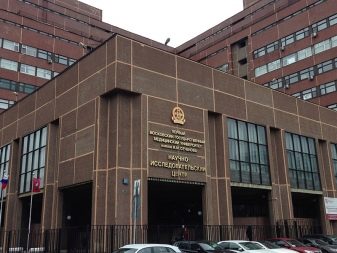

Universities publish information for applicants on official websites, hold Open Doors Days, everything can be found in electronic form, by calling the telephone number, arriving in person.
Where does it work?
There is always a vacant place for a good biophysicist. Medical Universities specialize in virology and bacteriology, diagnostic areas (functional, ultrasound), genetics and radiology.
A workplace can be obtained at research institutes, educational institutions, clinics at universities, large companies and concerns, industrial, technological, pharmaceutical, producing modern devices for treatment and diagnosis. Listing the TOP-6 reasons to become a biophysicist, the first is always called the opportunity to easily find a job with decent pay, because the profession is complex and not very popular among applicants. Following them are other bonuses:
- a huge number of areas in which you can work and engage in scientific activities;
- it is a rare and sought-after profession that is valued in developed countries;
- You can get decent pay for your hard work;
- work in a relaxed atmosphere, not related to stress;
- various experiments allow you to escape from everyday life and feel "at the forefront" of science.
The resulting biophysical specialty can allow working in the space industry, bioinformatics are offered to work in pharmaceuticals, information technology, environmental institutions, research institutes of genetics.
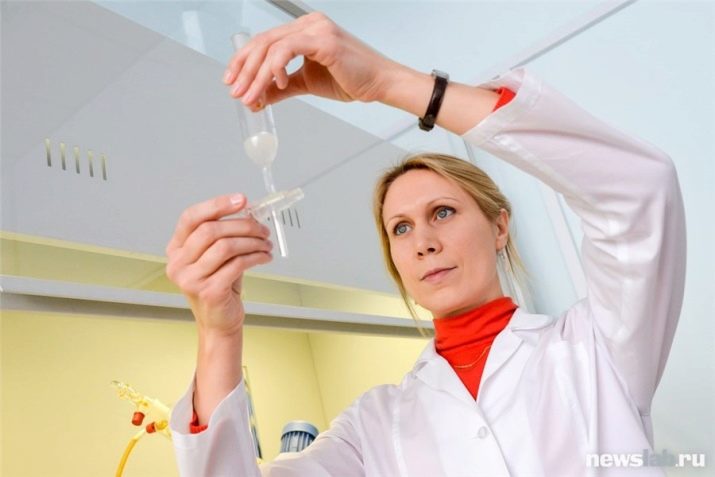
And this is only a modest list - there is a great demand on the labor market for people with such an education, and some branches of science have long announced a shortage of personnel in the field of biophysics.
How much does it get?
The salary of such specialists is always at a decent level, higher than that of many popular specialties. A universal figure does not exist, since it depends on several factors: the qualifications of the employee, his position, place of work, and chosen direction. Professional growth, together with valuable personal qualities, allows you to achieve a high level of salary and lead a comfortable lifestyle.

